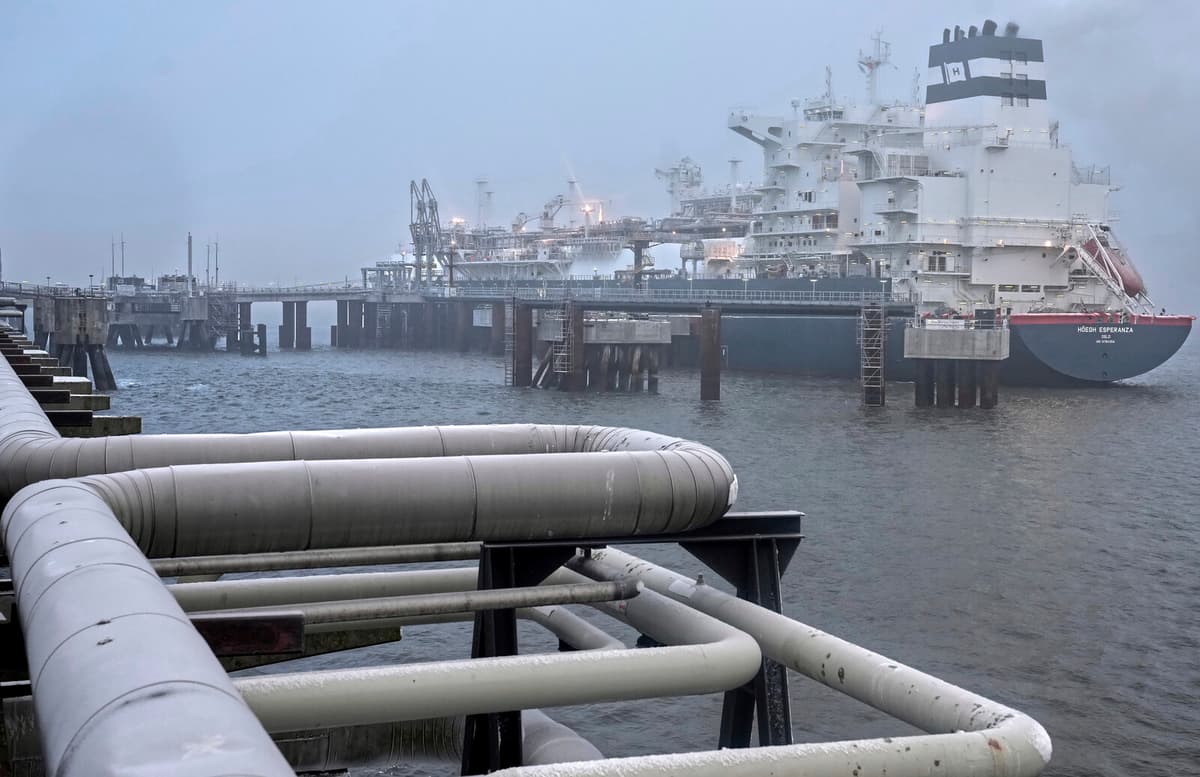Access to fossil gas is crucial for supplying companies and households in Germany with electricity and heating during the winter season. The German state has therefore set a goal for gas reserves to be filled to 70 percent by November 1 at the latest.
But now it is reported that Germany's gas reserves have already passed this critical threshold at the end of August.
Unexpectedly rapid storage filling
A general downward pressure on gas prices in the commodity market during the summer has contributed to the unexpectedly rapid storage filling.
For Swedish households and companies, it is good news, as it reduces the risk of high gas prices on the continent affecting electricity prices in Sweden.
The EU and not least Germany - the eurozone's largest economy - has been trying to cut off the flow of Russian gas since Russia launched its full-scale war of aggression against Ukraine in 2022.
The proportion of imported gas coming from Russia has fallen from around 45 percent since 2021 to 19 percent last year, according to the EU Commission. But according to the statistics office Eurostat, imports of Russian gas to the EU increased again during the first half of 2025, in kronor.
To avoid price shocks
The EU Commission has also put forward a proposal with a plan to completely phase out imports of Russian gas by the end of 2027, despite several countries - such as Hungary and Slovakia - being dependent on a large influx of Russian gas.
Since the Russian attack on neighboring Ukraine, it has become crucial for Germany and other euro countries that are dependent on gas to build up sufficient reserves before the winter season - to avoid the price shocks on the electricity market that also shook Swedish households in 2022.






